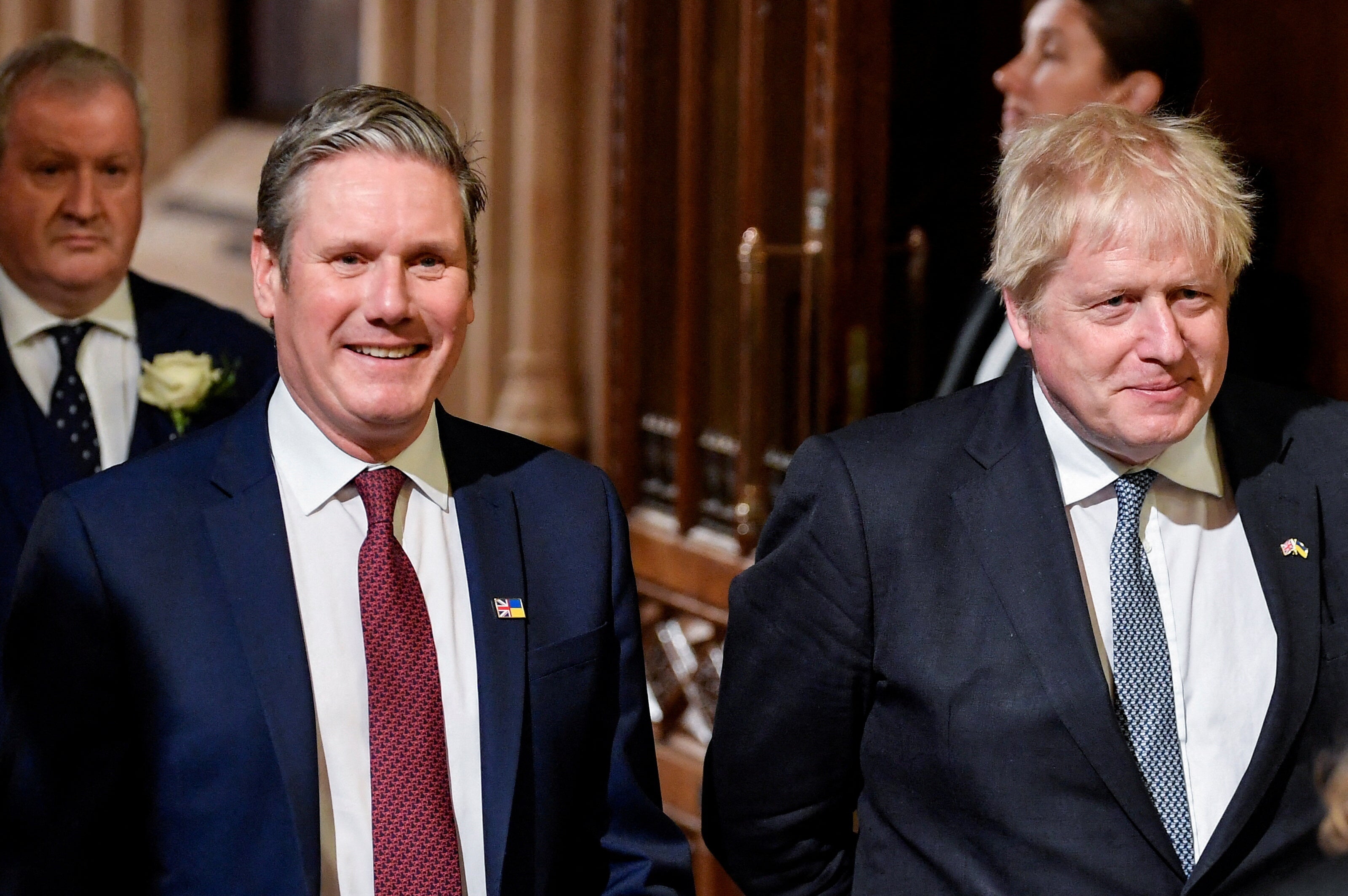What can we expect from the by-elections in Wakefield and Tiverton?
Even before dates have been set for voting, there have been some suprising twists, writes Sean O’Grady


Even before dates have been set for the by-elections in Wakefield and in the Tiverton and Honiton constituency there have been some surprising events of note. The business of democracy should be serious and sombre, and open to public scrutiny, and by-elections have the great advantage, from the point of view of transparency, of being unusual and attracting sometimes disproportionate media interest.
In a twist even by by-election standards, it seems the now former Conservative MP Neil Parish is thinking about the possibility of re-standing, this time as an independent. He had the Conservative whip withdrawn after he was reported for watching pornographic videos on his smartphone, in the very chamber of the House of Commons. Parish soon left the scene of his “moment of madness”.
Now, the farmer seems to have second thoughts, and he may be set for an attempted comeback. Speaking, appropriately, to The Daily Telegraph’s Chopper’s podcast, Mr Parish, first elected to the Devon seat in 2010, said it was “an option” for him to stand as an independent in the by-election – expected before the summer recess.
“It is an option for me and one that I could consider. The only thing that may well stop me is the fact my local party, my local activists, my local councillors, are friends. I don’t know if I want to do that to them.”
Other things being equal, it would be difficult for Parish to win the seat, because independents rarely win any kind of parliamentary contest, and former MPs don’t always prosper, either in their “home” territory, or elsewhere. He would, though, probably attract some votes from name recognition and because he might be expected to play a role as a purely local champion. If so, he could attract votes away from the official Conservative candidate, as yet unchosen but likely to be a “local”.
The Liberal Democrats, despite coming third last time, are probably the favourites to win the seat, if anyone will take it from the Conservatives, but it would take a huge swing of about 23 per cent, and a significant squeeze on the Labour vote and a marginal Green presence. A Liberal Democrat win would make a hat trick, after taking Chesham and Amersham, and North Shropshire from the Conservatives.
Those victories were followed up by a very impressive showing in the recent local council elections. Absent Ukip, at one point the other main protest party, and with the coalition government now a decade ago, Ed Davey’s party seems to have re-emerged from a long period of irrelevance, and it has signalled its intent to retake its West Country heartlands. The by-election will also be another test of the willingness of the British voter to vote tactically.
Nor would a by-election be a by-election in a Labour target seat seemingly without a row about candidate selection, and the Wakefield Constituency Labour Party (CLP) has duly obliged. Amid protests about the actions of the national party, the entire executive of the Wakefield CLP has resigned over the lack of a “local candidate” on the shortlist. The leading “local” candidate, Jack Hemingway, deputy leader of Wakefield council failed to make it, via a selection panel. It is at least a theoretical possibility that Hemingway could run as an independent, like Neil Parish.
Because (not despite) the fact that Wakefield is an eminently winnable seat, splits in the Labour Party are only to be expected. Such seats often also attract the attention of figures on the left who are outside the Labour Party, such as George Galloway, a former MP for Bradford West and candidate in Batley and Spen. Others may also intervene. Interestingly the former Labour MP, Mary Creagh, who lost in 2019, is rumoured to be interested in standing in Islington North against former Labour leader Jeremy Corbyn, himself now an independent.
Whoever takes over as the Conservative candidate will be defending a majority of 3,358 (7.5 per cent), when the polls are fairly depressed for the Conservatives – with the possible bonus of winning over the 6 per cent that went to the Brexit Party in 2019 (though they may run this time as Reform UK). While Labour may have to contend with party division, it does have the opportunity to try to persuade the 4 per cent of the electorate who plumped for the Lib Dems, and thus demonstrate whether the disaffected centrist voters in a classic Lab-Con marginal will vote tactically for the candidate best placed to beat the Conservative.
Of all the prospective by-elections in the coming weeks and months (including a nominally safe Labour seat at Leicester East), Wakefield carries a particular significance for the Labour leadership. Labour has not gained a seat from the Conservatives (as opposed to holding its own or losing its own seats) since… 2012, when Corby switched sides.
Wakefield would be a significant win for Keir Starmer, and if he fails to win it his leadership will be in crisis. He will also no doubt be well aware that Labour, then led by Ed Miliband, having won Corby, went on to lose the following election anyway.



Join our commenting forum
Join thought-provoking conversations, follow other Independent readers and see their replies
Comments